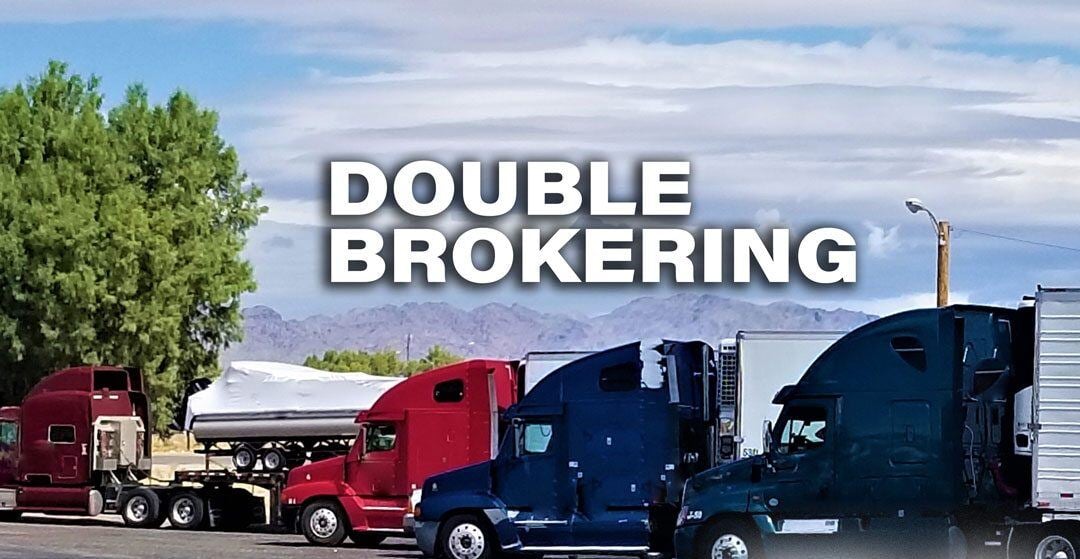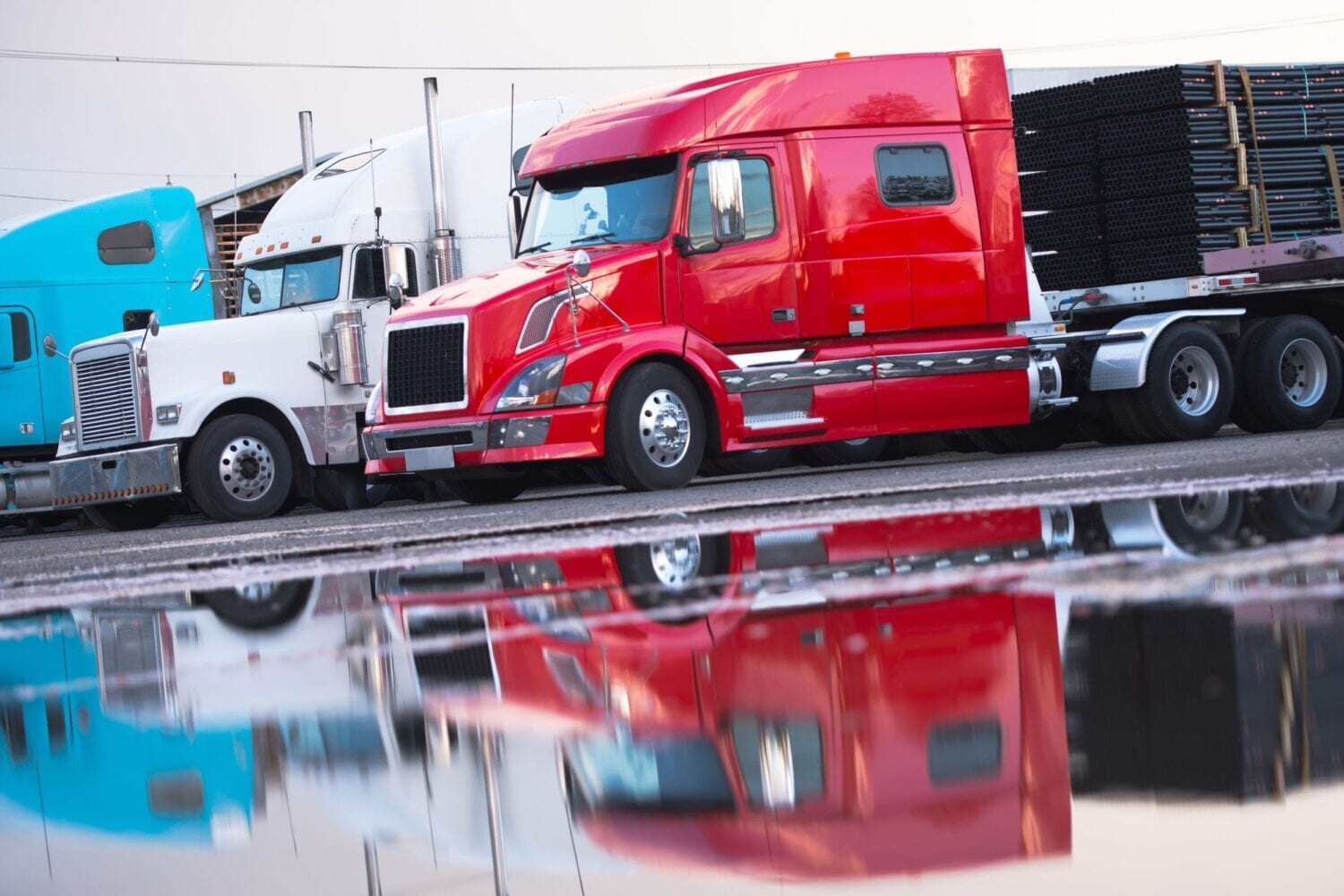
Double brokering occurs when a freight broker accepts a shipment and then gives it to another freight broker WITHOUT telling the customer. (i.e. After accepting a brokered load, if the broker re-brokers the load with another carrier, this is double brokering.) This is not something a broker should be doing.
Some background: Brokers, Carriers and Forwarders are the three RECOGNIZED forms of transportation providers. “Dispatch Services” are something new in the market that are trying to skirt around the rules by acting as either a broker, carrier, or both…without following the rules & regulations of either. This means the shipper has no protection of law when a dispatch service is involved.
It is part of the regulations that the shipper should know who they are contracting with for their load and whether they are contracting with a broker, carrier, or forwarder.
It is generally recognized that an entity (company) should be ONE of the three: broker, carrier, or forwarder. But it’s common practice for carriers (especially) to accept more loads than they have trucks and then to “lay off” the extra loads with other carriers. Those carriers may have broker authority or not…..but in either case are acting like a broker (and rebrokering) the load without disclosing (ie acting like a co-broker).
Companies that rebroker freight are notorious for “disappearing” and not paying carriers or breaking down or holding freight hostage until payment from shipper(broker). By and large…if you are not following the rules, you are doing it on purpose and for a reason…
Back to Double Brokering…There are a lot of risks to the practice and relatively no benefits. When a broker passes their shipment to another broker, they no longer know who is actually handling the freight or whether they are using the proper permits and insurance, and they are not able to track the freight.
While technically legal, double brokering is a contentious issue in the transportation world. (Side note: It can be illegal IF a broker accepts payment for brokering a shipment, re-brokers it to another freight company, and then doesn’t provide payment to the carrier after the freight has been shipped.)
Freight brokers can avoid double brokering by not “biting off more than they can chew.” In other words, don’t say you can haul the freight if you can’t haul the freight yourself. If you can’t handle the freight and need to pass it off to another broker, this must be done with the customer’s consent.
Double Brokering shouldn’t be confused with co-brokering, which can be a beneficial practice. Co-brokering is when a freight broker works in conjunction with another broker to fulfill a need – with ALL parties aware of the collaboration. Ultimately, co-brokering is done to help the customer. Sometimes a broker has a specialized niche, so it makes sense to co-broker with that company instead of turn down a customer’s request.
A good broker, like Customodal, works hard to know the carriers we are contracting with and to prevent the risk of a load being rebrokered without our knowledge or consent….but it can happen. And shippers can help prevent this unscrupulous behavior by simply verifying the truck that shows up has the same label on the truck door as the carrier we said would pick it up on the paperwork. If there is a discrepancy…please call us before loading the truck!




